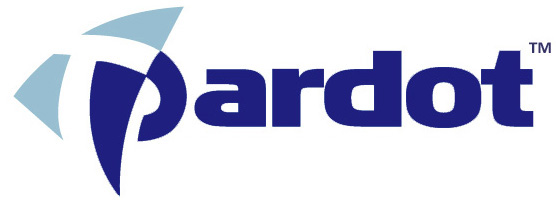Pardot Adds Opt-In Tracking Code For EU Privacy Directive Compliance
- Published in Industry News
 Following the finalization of Europe’s new privacy regulations, marketing automation software providers are taking notice and adding features and functions to help clients adhere accordingly. Pardot, a provider of cloud marketing automation software, today announced the addition of security features, including adjustable cookie-based tracking settings and opt-in tracking code for site visitors.
Following the finalization of Europe’s new privacy regulations, marketing automation software providers are taking notice and adding features and functions to help clients adhere accordingly. Pardot, a provider of cloud marketing automation software, today announced the addition of security features, including adjustable cookie-based tracking settings and opt-in tracking code for site visitors.
The new opt-in feature gives site visitors the option to have their browsing activity tracked. This new addition complies with the EU regulation that every site visitor has the option to opt-out of behavior tracking, preventing companies from observing customer page views and file downloads. Pardot’s tracking code is designed to display a pop-up window that asks permission to track visitor activities. With the feature’s country-specific settings, companies can control who receives the notice.
While developing a solution that conforms to EU policy, Pardot also has developed a universal opt-out initiative to comply with the U.S. Do Not Track Initiative. Rather than a pop-up verification, the decision to opt-out is controlled by the visitor’s web browser. Web site visitors who opt out of tracking will still have a lead record in Pardot, but with a more limited scope of information. Page views, landing page views and file downloads are not tracked for those who choose to opt out. Information on emails activity such as messages sent, opened, clicked on, as well as any information submitted via form or landing page is still visible in Pardot.
“Any other vendors we’ve seen offer this type of setting take an all-or-nothing approach, meaning every visitor to your site is pestered by pop-ups, even when it’s not necessary,” said Adam Blitzer, Co-Founder and COO at Pardot. “With the changing landscape of prospect tracking, we feel a responsibility to provide our clients with tools so they can get the most of marketing automation technology while still respecting the individual regulations of each country they do business with.”

